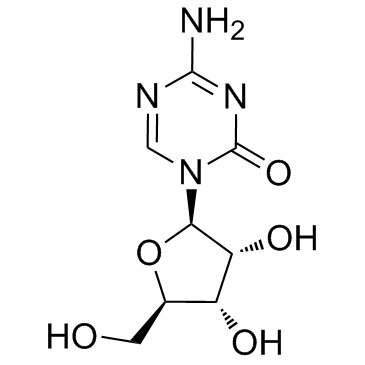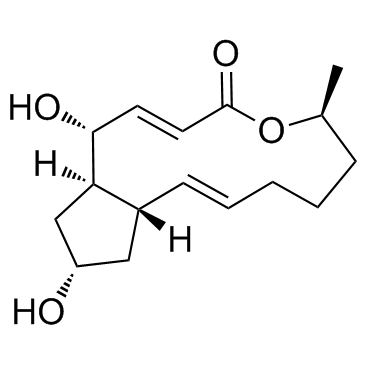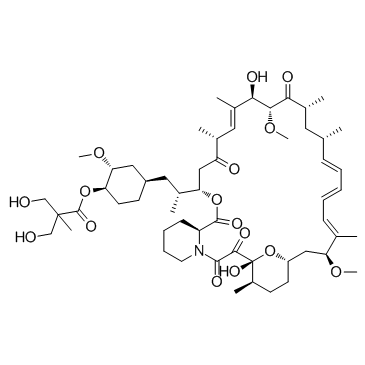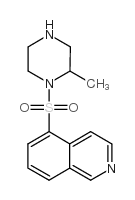| Structure | Name/CAS No. | Articles |
|---|---|---|
 |
sucrose
CAS:57-50-1 |
|
 |
Azacitidine (5-Azacytidine)
CAS:320-67-2 |
|
 |
Brefeldin A
CAS:20350-15-6 |
|
 |
L-(+)-Lysine monohydrochloride
CAS:657-27-2 |
|
 |
Temsirolimus (CCI-779)
CAS:162635-04-3 |
|
 |
H-7
CAS:84477-87-2 |